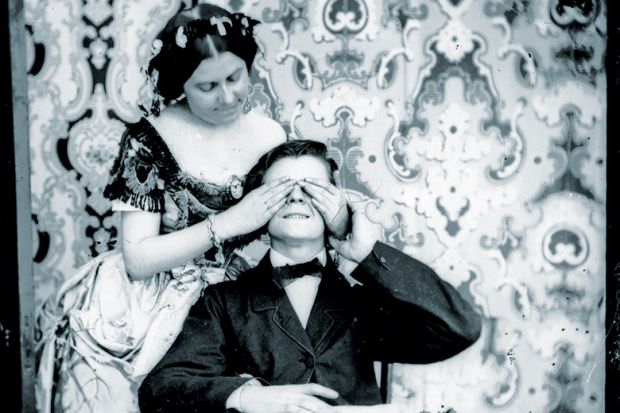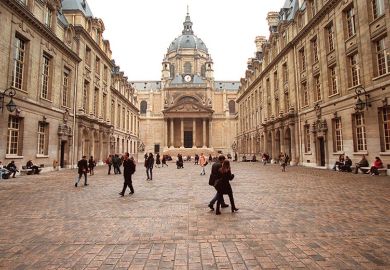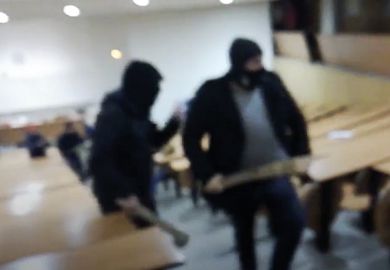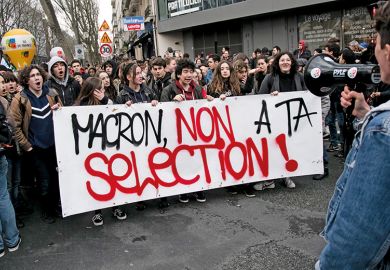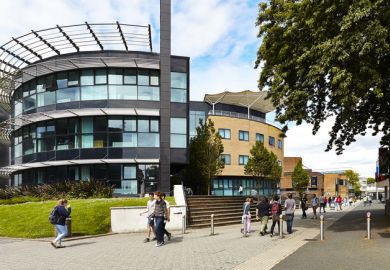French universities were still unsure how many students would enrol on their courses on the eve of term starting this week, in a troubled start for the Macron government’s flagship admissions reform.
A logjam in the system emerged as some university candidates refused to accept any of their offered places until the last minute, hoping that decisions by other applicants would free up spaces on more desirable courses.
Gilles Roussel, president of France’s Conference of University Presidents, said: “We don’t actually know the number of students we will have on our courses.”
The new system, called Parcoursup, seeks to do away with the random allocation of places for oversubscribed courses – which the government believes is unjust – and to better match students to programmes in order to cut France’s university dropout rate, seen as wasteful by ministers.
Parcoursup allows universities to express approval or disapproval of applicants to some selective programmes. For courses that are not oversubscribed, institutions can attach acceptance conditions for weaker candidates, like pre-degree refresher programmes.
An algorithm, which some have criticised as opaque, then draws up a selection of places for applicants, with stronger ones more likely to be offered a spot on more competitive courses.
Because this newfound choice has had the result of lengthening the admissions process, Professor Roussel, president of University Paris-Est Marne-la-Vallee, has said that next year, students should be made to finalise their choice by mid-July, to give universities time to prepare
Khaled Bouabdallah, president of the University of Lyon, agreed. “The French government took a stand on giving the final choice [of places] to students, which in some cases tends to lengthen the admissions process. This situation might induce difficulties in organising the start of the academic year, especially in certain programmes,” he said.
There has also been a fierce row about the exact number of students left without a place. Critics have pointed out that there are still about 60,000 students in the system without an offer, but the higher education minister, Frédérique Vidal, has argued that three-quarters of these applicants are “inactive” and not actually seeking admission.
It will not become clear until classes start whether the new system has led to a dip in the number of university entrants; critics have claimed that the sorting process will put off weaker students.
The government still maintains that it wants to find a place for every applicant, said Catherine Paradeise, an expert on higher education policy at Paris-Est. But the selection process and the “implicit ranking” of students is likely to deter weaker candidates, she added.
The student choice promoted by the new system could also mean that fewer young people study at their local university and start to move more freely around the country, rather like in the UK, some observers believe.
Professor Roussel said that such a shift was unlikely this year while the new system was bedding in. But as Parcoursup made it easier to apply for high-demand courses across France, students might begin to travel further afield, he said.
POSTSCRIPT:
Print headline: Enrolments are a guessing game
Register to continue
Why register?
- Registration is free and only takes a moment
- Once registered, you can read 3 articles a month
- Sign up for our newsletter
Subscribe
Or subscribe for unlimited access to:
- Unlimited access to news, views, insights & reviews
- Digital editions
- Digital access to THE’s university and college rankings analysis
Already registered or a current subscriber?
